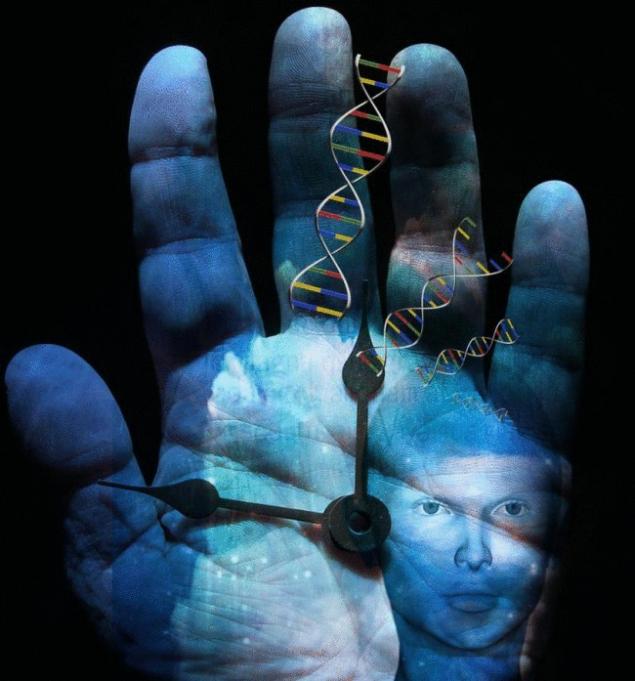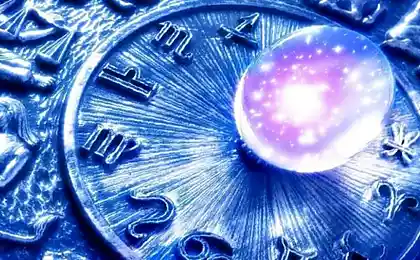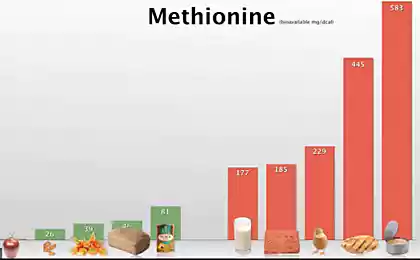467
Scientists have found a tool to predict life expectancy

Now scientists can determine the life expectancy of the particular person after analyzing his DNA. An international research team has learned to interpret chemical reactions that occur in the body throughout his life. In other words, was discovered a kind of "biological clock" that may help predict the life expectancy of the individual. The opening is perhaps a little unsettling, will help to expand our knowledge about the longevity.
The biological clock it Seems that age is not just the number of years lived. Age was confirmed by birth certificate, is not as important as the age entered in the DNA. In order to calculate the human biological clock, the researchers compared the actual age of the volunteers that reflected chemical changes in DNA. A process known as methylation, not physically change the DNA, but affect the expression of certain genes.
As the newspaper writes Science Blog, people whose biological age was greater than their actual age is likely to die before those who have these two ages coincide. This process was repeated in four separate studies. Data were obtained through the study of 5,000 older people for 14 years.

The same four studies showed a link between the biological clock and deaths from all causes, reported scientists at the University of Edinburgh. The results have not ceased to seem plausible, even after taking into account risk factors such as Smoking, diabetes and heart.
What do we know about longevity In 2005 at the age of 115 years died the oldest at that time a resident of the planet Hendrike van Andel-Schipper. The Dutch long-lived donated his body to science. Analysis of her blood showed that the human lifespan is limited by the ability of stem cells to self-renewal. Scientists were surprised that remaining in a woman's body the white blood cells appeared just two stem cells.
This gave grounds to assume that all or nearly all blood stem cells with which it came to light, died. Then it turned out that her telomeres in white blood cells very worn out – their length was too short. Telomeres constitute the end portions of chromosomes that directly affects the lifespan of cells. Recently, scientists from Stanford declared safe method of telomere elongation.
Now that scientists know exactly what causes natural death, they may seek different ways to turn back the aging process. It has been suggested that the enrichment of blood stem cells may increase the natural life expectancy.
Another relatively recent study of life expectancy showed that the allele, which every fifth person responsible for the area of the brain associated with decision-making. The same genetic variation associated with longevity.
Source: hi-news.ru
The digital world relativery the concept of proximity": Alexander Filippov on the sociology of space
Porsche will produce electric Pajun























